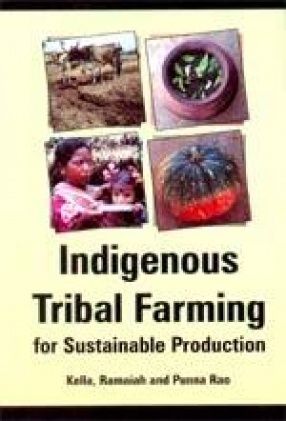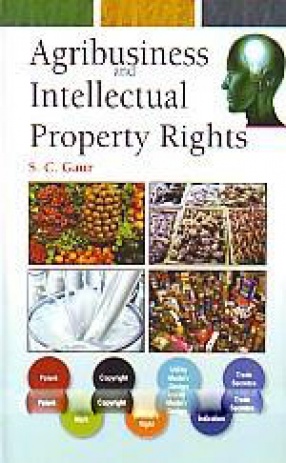The independent India faced a shortage of food supply during 1950’s and 60’s due to various reasons. It’s food production is increased drastically following the green revolution in the late 1960s. However, there have been reports of either stagnating or declining levels of crop productivity in recent years. Over exploitation of natural resources and excessive chemicalisation of agriculture have led to poor sustainability of farm production. Besides this, organic agriculture and biological pest control are distinct possibilities in a tropical country like India where we are endowed with biodiversity of such plants. More than 1000 species of plants are known to have insecticidal properties, 380 species with anti fedant properties, 300 species with repellent properties and 30 species each possessing attractant and insect growth regulatory (IGR) properties (Jayaraj, 2002). Hence, for the countries like India, the alternative for the modern technologies are indigenous methods which are low cost, organic and eco-friendly in nature. Also the capital and technological skill requirements in the use of indigenous methods are generally low and their adoption often requires little restructure of the traditional societies. Indigenous methods are nothing but indigenous knowledge or ITK. By adopting such indigenous knowledge our ancestors did not face any problem of large scale pest out break or economic crisis unlike the today’s farmer. The systematic knowledge of plants and plant ecosystems that characterize traditional societies was transmitted from generation to generation. Scientists first learned the crop management practices by observing the activities of traditional farming societies. Many examples of pest management using indigenous inputs were found in ancient literature. Sine such amassed wealth of indigenous knowledge is not completely available for the agricultural research and extension systems, the book is an attempt to provide information on the documented ITK of tribal farmers, their scientific rationality, farmers attitude and adoption, efforts of different agencies in promotion, followed by constraints and suggestions and a suggestive model.
Indigenous Tribal Farming: For Sustainable Production
In stock
Free & Quick Delivery Worldwide
reviews
Bibliographic information
Title
Indigenous Tribal Farming: For Sustainable Production
Author
Edition
1st ed.
Publisher
Agrobios (India), 2007
ISBN
9788177543018
Length
xiv+226p., Tables; Figures; Annexures; Maps; Bibliography; 23cm.
Subjects





There are no reviews yet.